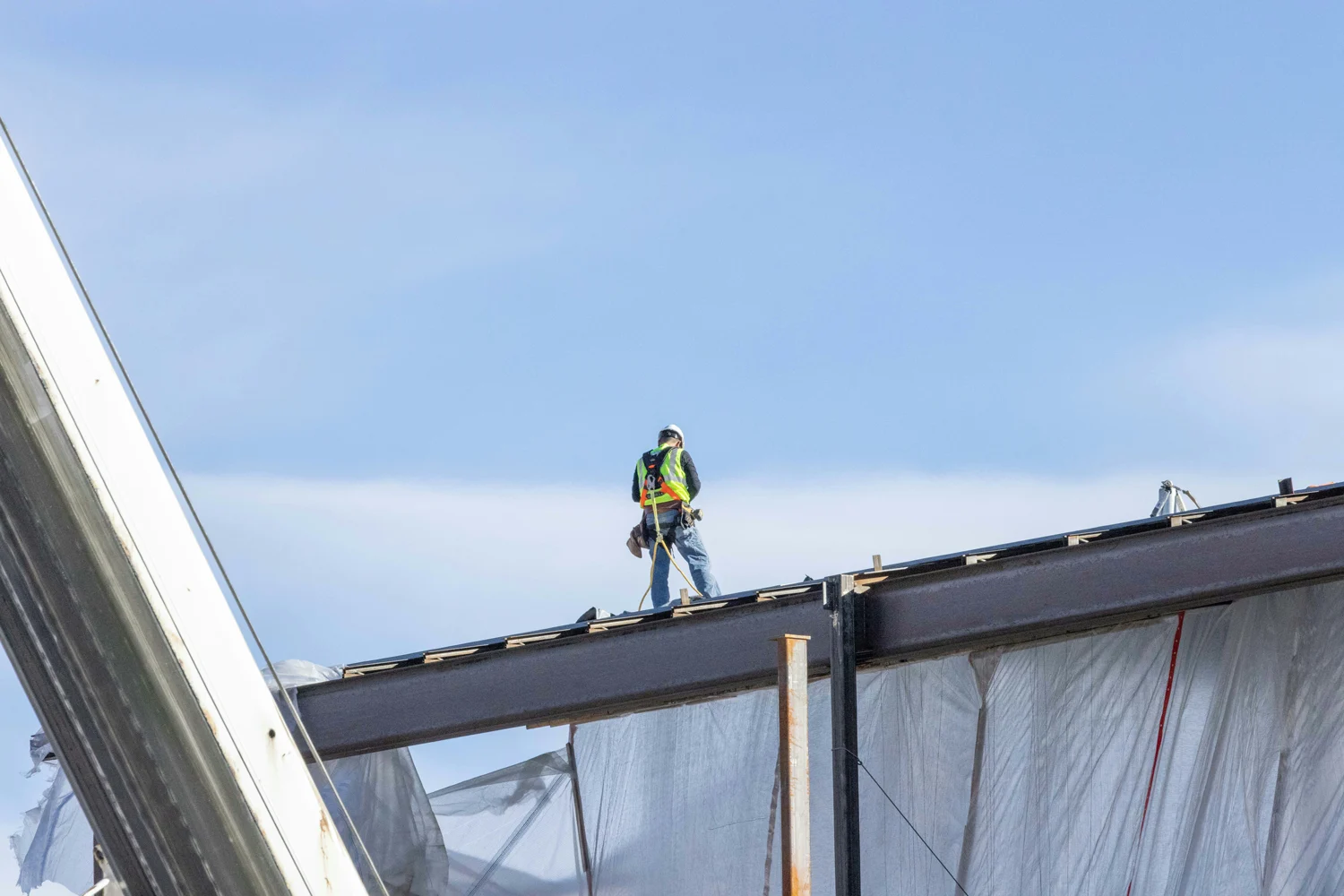The process of selecting a qualified roofer requires careful consideration and thorough research. Making the right choice ensures your roofing project will be completed professionally, protecting your home for years to come. This comprehensive guide helps you understand what to look for in professional roof contractors and how to make an informed decision.
Essential Qualifications and Experience
Professional roofers should demonstrate several key qualifications that verify their expertise and reliability. Proper licensing represents the fundamental starting point when evaluating potential roof contractors. Legitimate professionals maintain current licensing and comprehensive insurance coverage, including both liability and workers’ compensation insurance. These protections safeguard both homeowners and workers throughout the project duration.
Experience proves equally important when selecting your roofer company. Quality contractors demonstrate their expertise through years of successful projects in your area. They should willingly share examples of completed work similar to your project. Metal roofers particularly should show specific experience with various metal roofing systems if you’re considering metal roofing options.
Manufacturer certifications provide another important indicator of contractor quality. Professional roof contractors often hold certifications from major material manufacturers, demonstrating their commitment to proper installation techniques and ongoing education. These certifications typically allow roofers to offer enhanced warranty coverage, providing additional protection for your investment.
Understanding Service Offerings
Professional roof contractors typically provide a comprehensive range of services beyond basic installation and repairs. A qualified roofer company should offer thorough inspections, detailed written estimates, and clear communication throughout the project. The initial consultation should focus on understanding your specific needs rather than pushing immediate sales.
Emergency service capability proves particularly important when selecting your roofing professional. Weather events can create urgent situations requiring immediate attention. Your chosen roofer company should maintain 24/7 emergency response capabilities and clearly explain their protocols for handling urgent situations. Professional roofers understand that quick response times during emergencies can prevent minor issues from becoming major problems.
Documentation practices reveal much about a contractor’s professionalism. Experienced roof contractors maintain detailed records of all inspections, repairs, and installations. They provide comprehensive written estimates that clearly outline scope of work, materials to be used, project timeline, and warranty coverage. Professional roofers understand the importance of thorough documentation for both immediate project management and long-term warranty support.
Quality Materials and Installation Practices
Experienced roof contractors understand the importance of using quality materials and proper installation techniques. Your roofer company should explain their material choices and why specific products best suit your project. Metal roofers should demonstrate particular expertise regarding different metal types and installation methods if you’re considering metal roofing.
Material sourcing practices indicate a contractor’s commitment to quality. Professional roofers work directly with established manufacturers and suppliers, ensuring the use of genuine, warrantied materials. They maintain proper material storage and handling procedures, protecting materials before and during installation. Your roofing professional should willingly discuss their material sources and quality control processes.
Installation practices significantly impact your roof’s long-term performance. Professional roofers follow manufacturer specifications precisely while incorporating regional best practices based on local weather patterns. Quality roof contractors maintain ongoing training programs ensuring their teams stay current with evolving installation techniques and materials. They also implement systematic quality control measures throughout the installation process.
